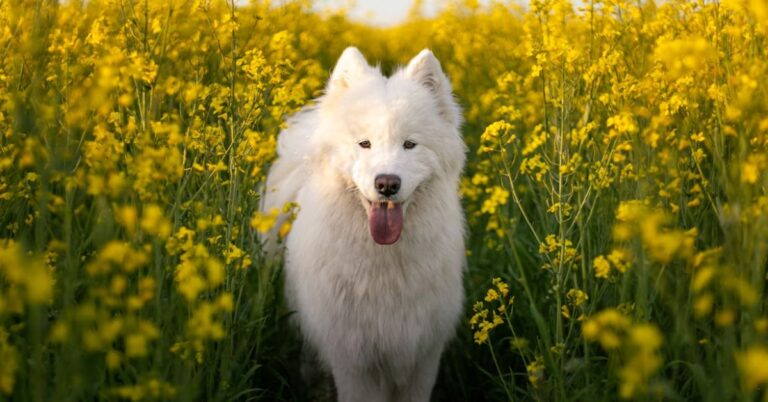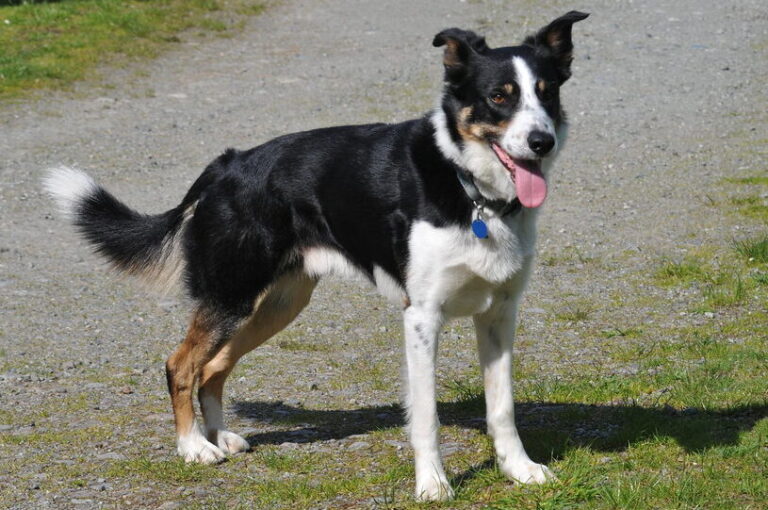15 Signs Your Dog Is Depressed

Dogs, like humans, can experience emotions that affect their mood and behavior. While they can’t verbally express sadness, their actions often reveal when something isn’t right. If your once-happy pup seems withdrawn or uninterested in daily life, they might be struggling with depression. Here are 15 signs that your dog could be feeling emotionally down.
Lack of Interest in Activities

A dog that used to get excited for walks, playtime, or car rides but now seems indifferent may be experiencing depression. If they ignore their favorite toys, refuse to play, or don’t react when you grab the leash, they might have lost interest in things they once enjoyed. A sudden drop in enthusiasm is often a sign of emotional distress.
Excessive Sleeping
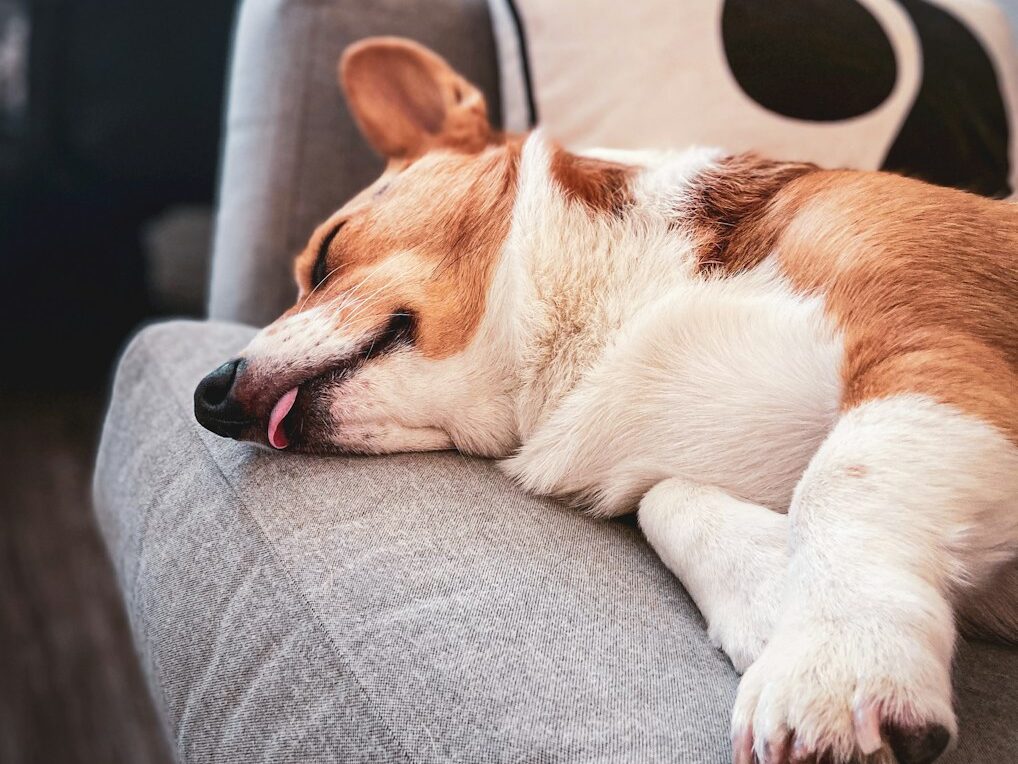
While dogs naturally sleep a lot, a sudden increase in sleep or noticeable lethargy may indicate depression. If your dog is sleeping far more than usual, seems uninterested in getting up for meals or bathroom breaks, or appears exhausted despite no physical exertion, it could be a sign they are emotionally shutting down and losing motivation.
Decreased Appetite

A dog that suddenly loses interest in food may be struggling with emotional distress. If they refuse meals, leave food untouched, or only eat a fraction of their usual portion, depression could be affecting their appetite. Prolonged loss of appetite can lead to weight loss and other health issues, making it important to monitor any major dietary changes.
Increased Appetite or Weight Gain
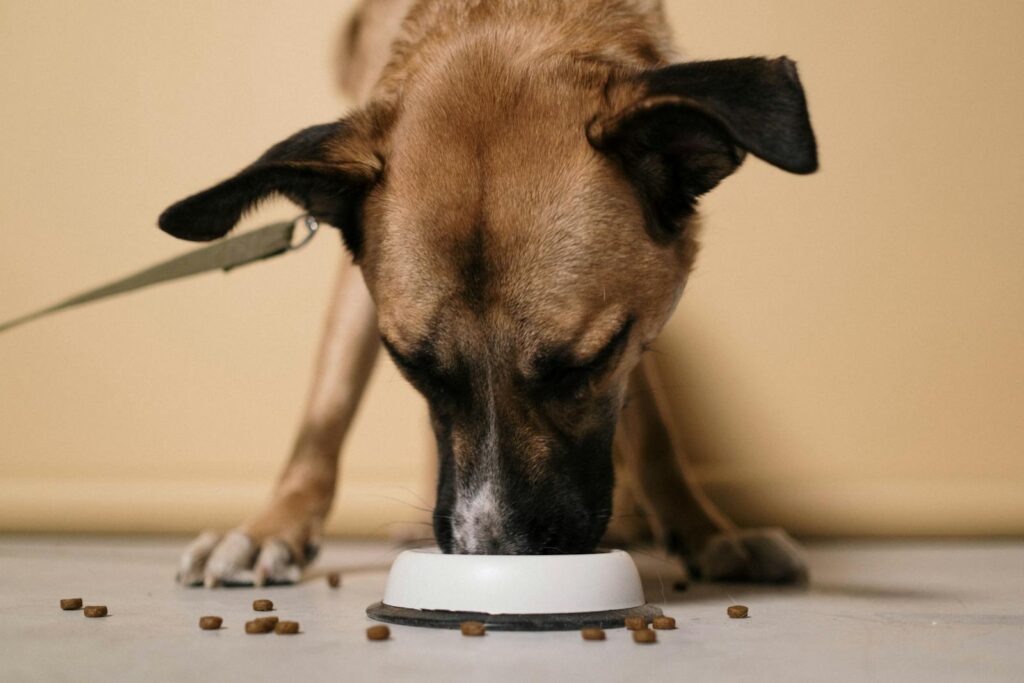
On the opposite end, some dogs cope with sadness by overeating. If your dog is begging for food more often, finishing meals too quickly, or constantly searching for snacks, they may be using food as a source of comfort. Emotional eating can lead to unhealthy weight gain, so keeping an eye on their eating habits is essential for their overall well-being.
Avoiding Social Interaction
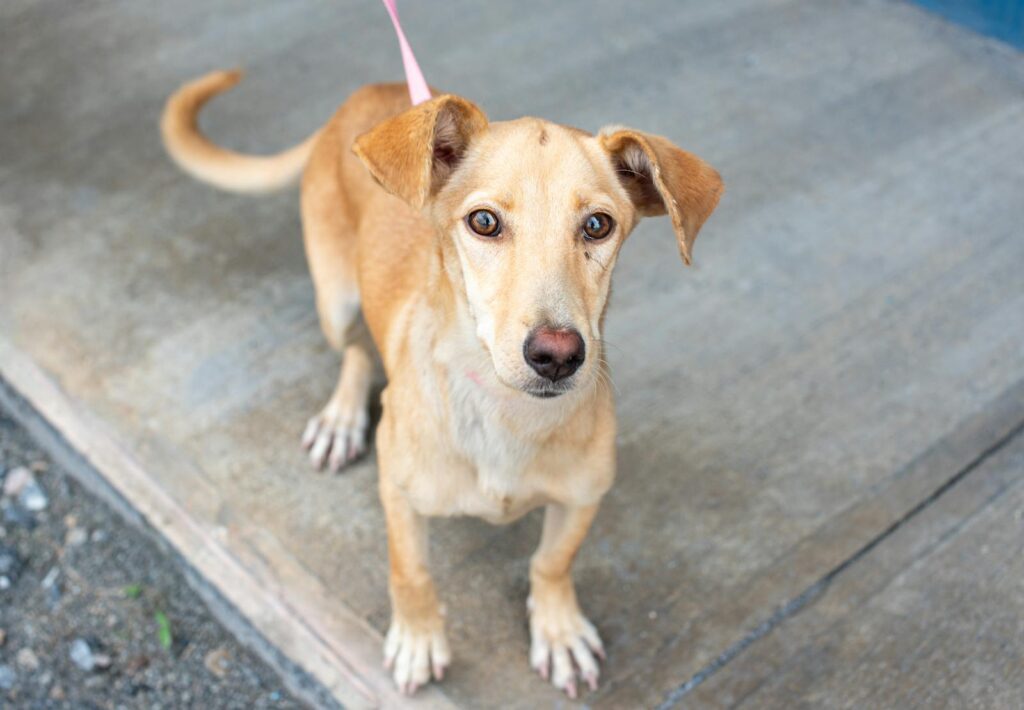
A normally affectionate dog that suddenly withdraws from people and other pets may be feeling depressed. If they no longer greet you at the door, refuse to cuddle, or retreat to a quiet spot instead of engaging with the family, they may be feeling emotionally distant. Avoidance of interaction is often a key indicator of unhappiness.
Increased Clinginess
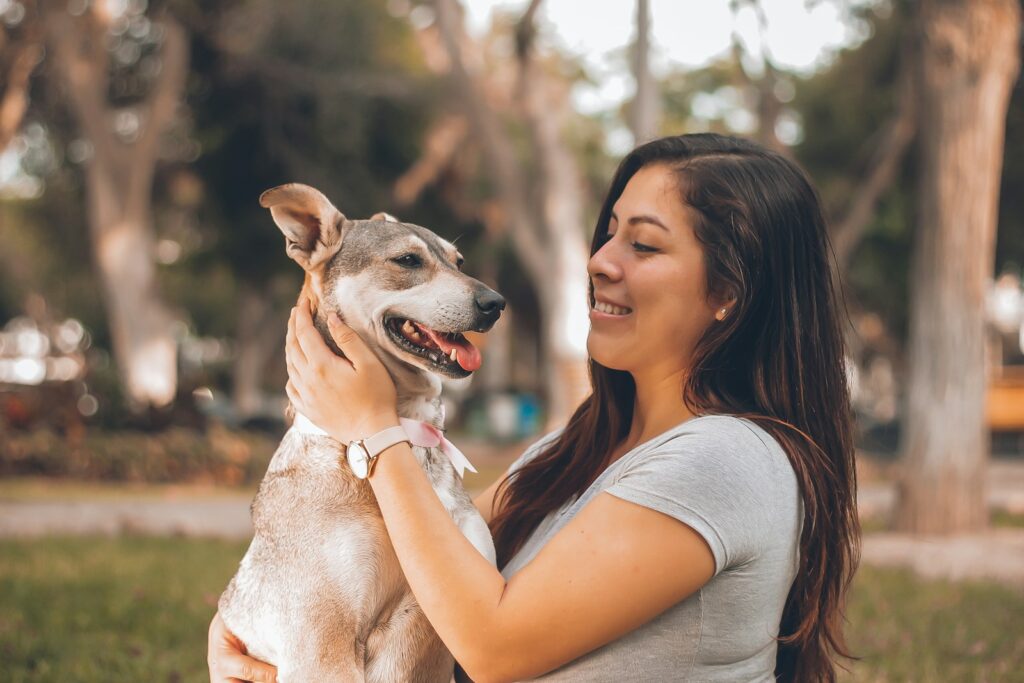
Some dogs react to depression by becoming unusually needy, following their owners around constantly, or refusing to be alone. If your dog insists on sitting as close to you as possible, whines when you leave the room or seems unable to settle unless they are near you, they may be experiencing anxiety or emotional distress that makes them crave extra reassurance.
Pacing or Restlessness

A depressed dog may appear unsettled, pacing back and forth, or frequently shifting positions. If your dog struggles to relax, moves restlessly around the house, or seems unable to find a comfortable spot, they may be feeling emotionally uneasy. This behavior is often linked to anxiety but can also be a sign that your dog is dealing with inner turmoil.
Excessive Licking or Chewing

Dogs sometimes develop compulsive behaviors when they’re emotionally unwell. If your dog is excessively licking their paws, chewing objects obsessively, or biting at their own skin, it may be their way of coping with sadness or stress. Over time, this behavior can lead to infections, sores, or hair loss, making it essential to address it before it becomes a serious issue.
Whining or Whimpering

Frequent whining or whimpering for no apparent reason could be a sign of emotional distress. Dogs may vocalize theirsadness through soft, repetitive noises, especially when left alone. If your dog seems to be whining excessively, particularly in quiet moments, it may be their way of expressing discomfort, loneliness, or an underlying sense of unease.
Loss of Interest in Other Dogs
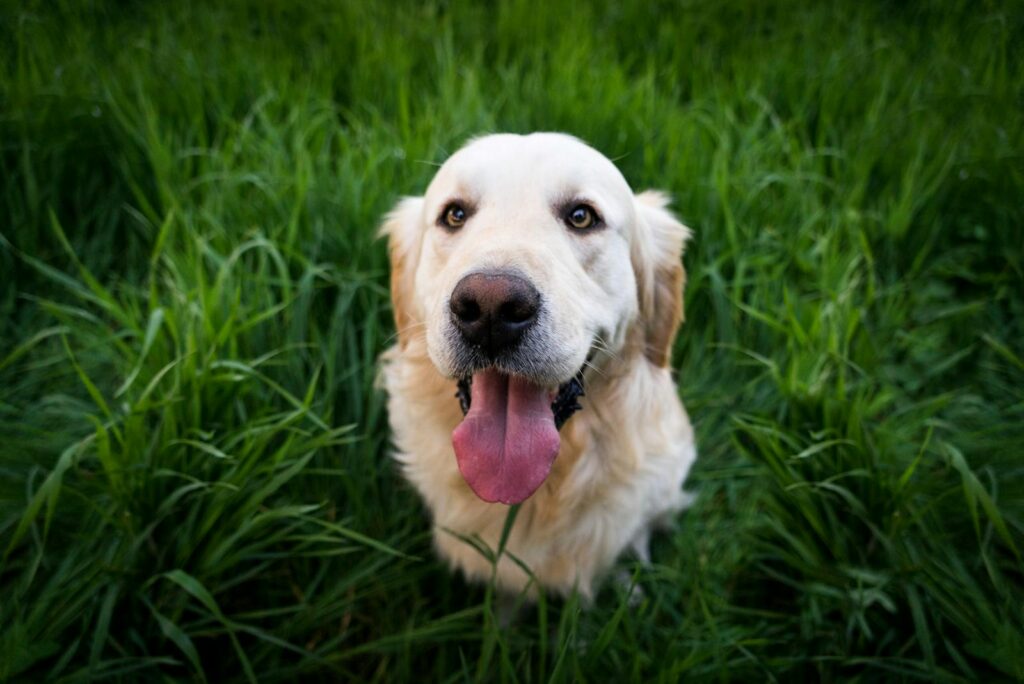
If your dog used to enjoy socializing with other pets but suddenly avoids interactions, it could be a sign of depression. A previously playful dog that ignores other dogs at the park or reacts passively to social situations might be experiencing emotional withdrawal. Losing interest in companionship is a strong indication that something is affecting their mental well-being.
Destructive Behavior
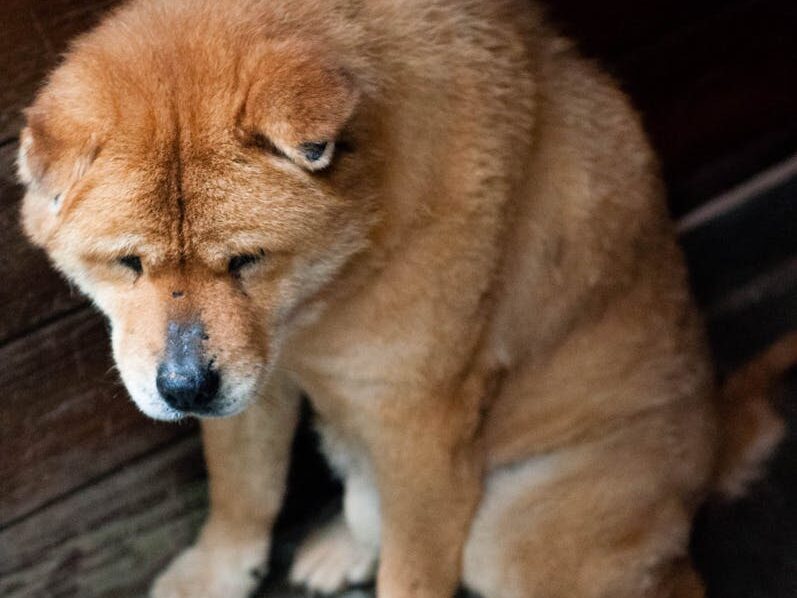
Depressed dogs may engage in destructive behavior as a way of releasing frustration. If your dog suddenly starts chewing furniture, tearing up household items, or digging obsessively, it could be a sign that they are emotionally overwhelmed. While some destruction is linked to boredom, sudden and excessive damage to objects could be a way of coping with emotional distress.
Changes in Bathroom Habits
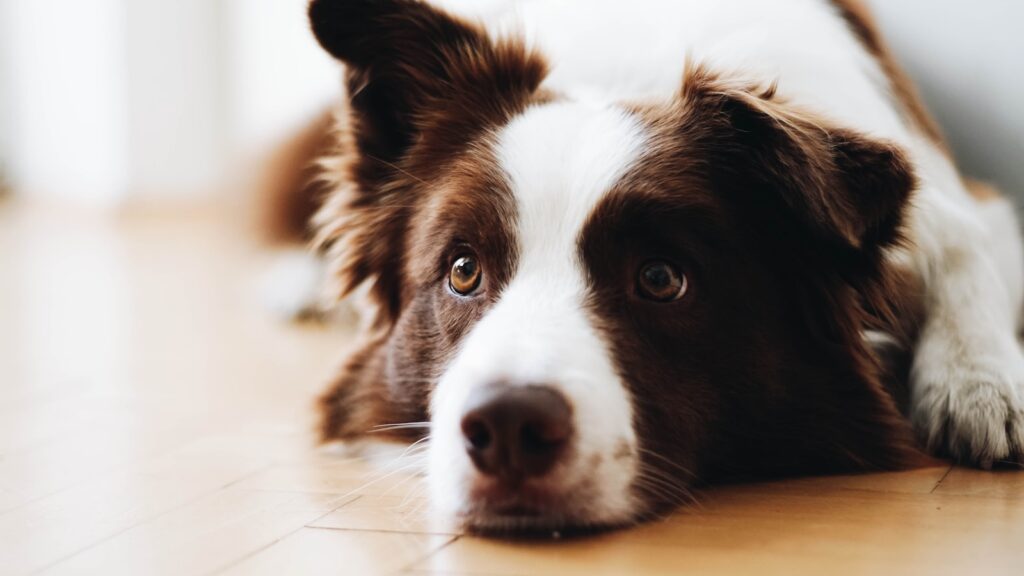
House-trained dogs that begin having accidents indoors may be signaling emotional distress. If your dog suddenly refuses to go outside, urinates in unusual places, or has inconsistent bowel movements, their mood could be affecting their routine. Stress, anxiety, and depression can all disrupt normal bodily functions, leading to unexpected changes in their bathroom habits.
Unresponsive to Affection

If your dog used to enjoy belly rubs, ear scratches, and cuddles but now shies away or remains indifferent, it may be a sign of depression. A lack of interest in physical affection is a noticeable shift in behavior. Dogs that are emotionally down often withdraw from interactions, ignoring even their favorite moments of attention from their owners.
Hiding or Isolating Themselves
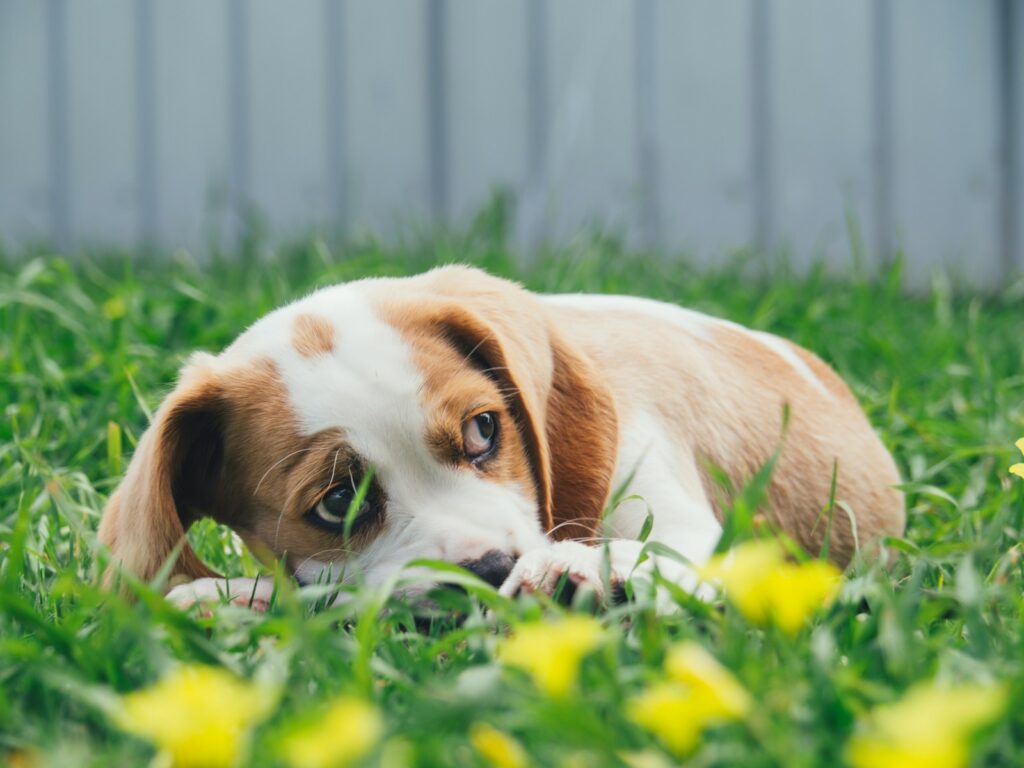
A dog that seeks isolation or hides under furniture might be struggling emotionally. If they suddenly prefer to spend hours in a secluded part of the house, avoid family members, or refuse to come when called, they may be feeling overwhelmed.Depression often causes dogs to retreat from their usual environment, choosing solitude over interaction.
Lack of Tail Wagging or Expressions of Joy
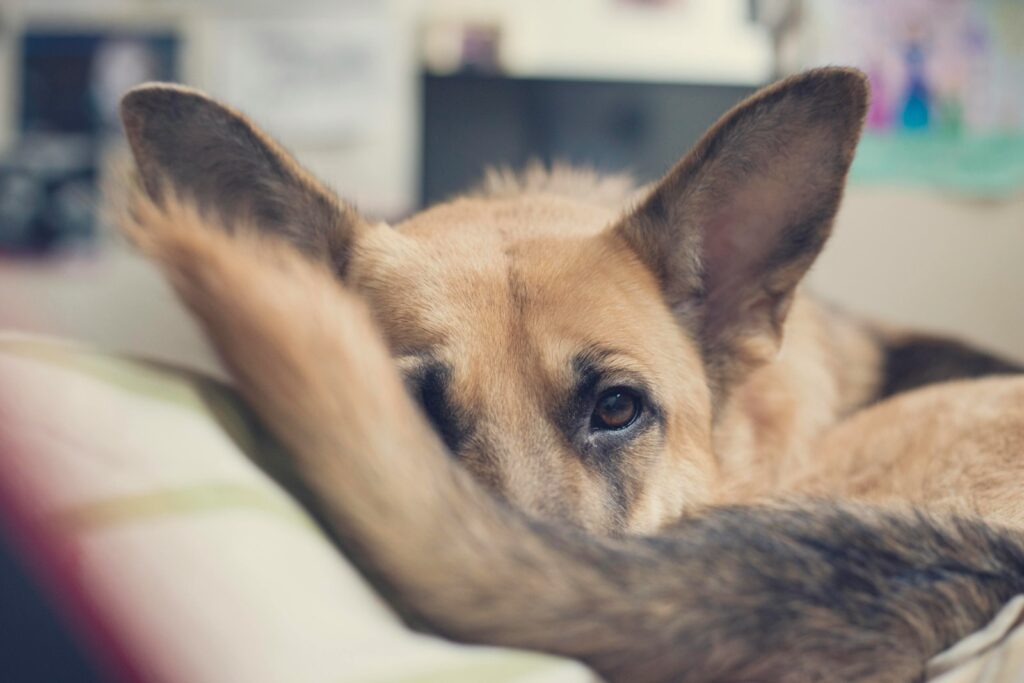
A happy dog wags its tail, perks up at familiar sounds, and displays excitement when greeted. If your dog’s tail stays low, their ears remain flat, or they don’t react to their favorite activities, their emotional state might be affecting their ability to express happiness. A dull demeanor can be a clear sign of depression in dogs.
